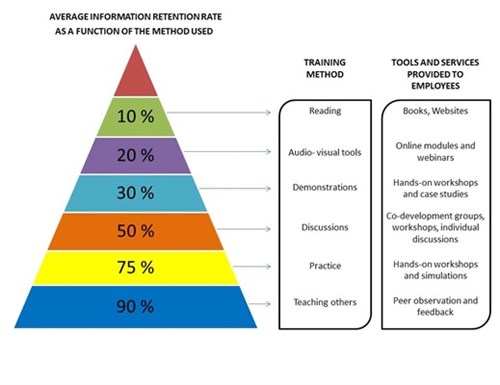Disconnect to Connect - When families disconnect, they connect
ma tammik. 11 19:07:00 2016
When families disconnect, they connect. This phrase, taken from an ad for a pepper mill that enables one to turn off the TV, Wi-Fi, cell phone or tablet with a simple twist of the wrist, reminds us of the impact that technology has upon our lives. A family dinner, complete with TVs, tablets and cell phones is likely to limit the contact between the people around the table, while a dinner exempt from such devices, where attention is entirely directed toward family members, will generate far more conversation, will reinforce relationships and will have a positive emotional and psychological impact. Although technology often makes life easier for us, it also sometimes leads us to neglect the importance of human contact and the powerful impact that genuine connections, and non-virtual ones at that, can have.
The link with career transition? As the leader of a team of consultants in the field, this ad spontaneously got me to thinking about the reality in our environment. A reality that, I must admit, saddens me. Over the past few years, we’ve observed that a growing number of career transition firms offer programs primarily focused upon technology tools. Although technological tools are feasible and complementary in the process, I believe that they cannot replace the value of individual, one-on-one guidance and support.
Why is human contact so important after job loss? Losing one’s job when it is imposed is one of the ten most stressful life events. Each person reacts differently; however, for many, it becomes an emotional period during which they will feel alone, anxious and vulnerable. Several studies demonstrate that social support is extremely important in these periods of stress. However, in spite of all their good intentions, one’s family and friends do not always have the desired positive impact. The counselor then becomes an important anchor throughout the transition process and the client’s “professional renaissance.”
Beyond the human aspect, one must also consider the true effectiveness of any career transition program. A study done by the National Training Laboratories in the United States demonstrates the impact of different training techniques on learning:

The conclusion is obvious: adults learn more effectively when in contact with others! Online tools may provide excellent basic information, but cannot replace human contact. Indeed, during a career transition, transferring learning into action constitutes 80% of the success rate… and is dependent upon direct exchanges with other people.
I fundamentally believe that human contact must be at the very heart of a successful career transition program. Above and beyond the employer’s moral responsibility, it has been demonstrated that how an employer treats his or her employees “when they are let go” will have a direct impact upon the engagement of the employees who remain behind, upon company brand image and the ability to retain and attract employees. Top-tier employers treat the employees who leave and those who remain with equal consideration. They understand that a virtual connection cannot replace the potency of a heartfelt human connection that can only exist with direct and sincere human contact. Therefore, in both career transition and in daily life, I recommend that you disconnect in order to better connect!
The blog was written by our colleaque in Career Star Group Nathalie Langis, Vice President and Practice Leader, Career Management, Optimum Talent
and was first published in Career Star Group Blog.

Current events
Fix your LinkedIn profile to attract opportunities you really want - Tips by TEKsystems
19.05.16
The 5 ways you can get a better career without changing jobs - job tips by HR and people management consultancy Penna
08.02.16
Disconnect to Connect - When families disconnect, they connect
11.01.16
Talents and Careers - how to combine them?
27.10.15

